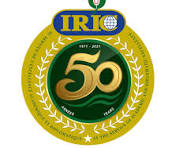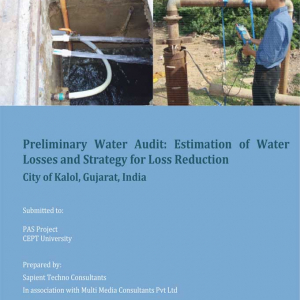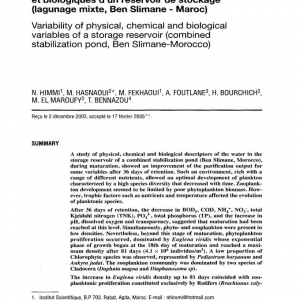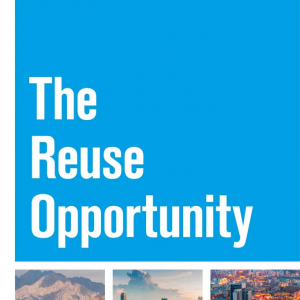Description
Prevention of water conflicts in Central Africa and peacebuilding through transboundary waters
The equitable and sustainable management of transboundary water would require cooperation as it involves many interdependencies. Indeed, the problem of water sharing has strong repercussions at the international level, be it through threats of war, the exacerbation of power relations, or the consolidation and/or weakening of alliances.1 For the optimists,2 the war for water is too costly to be undertaken and non-cooperation does not benefit the riparian countries. Thus, cooperation between riparian states in Central Africa would be the best option to prevent conflicts through the regulation of national interests on the shared resource in community documents and legal instruments.
However, the existing documents cover only two basins, while the region is made up of 16 shared rivers and five shared lakes as surface water resources, 17 aquifer systems that are shared between two or more of the ten countries in the Economic Community of Central African States (ECCAS), or between two or more countries outside the community space as groundwater resources, and 15 wetlands classified under the Ramsar Convention.
It is of interest to look at a more global framework for the prevention of water-related conflicts in the region and to analyse the States’ adherence to existing instruments. Prevention of water conflicts in Central Africa through the regulation of national interests in their community legal instruments
The pursuit of national interests over shared resources can be a source of conflict. However, in the Lake Chad Basin and the Congo Basin, there are framework texts that contribute to the regulation of national interests and the prevention of conflicts.
Regulation of national interests for conflict prevention in the Convention of the Lake Chad Basin Commission
The Lake Chad Basin Commission (LCBC) involves regulatory measures addressing the national interests of Member States on both substantive and procedural







 AAEA
AAEA AAEA
AAEA
Reviews
There are no reviews yet.